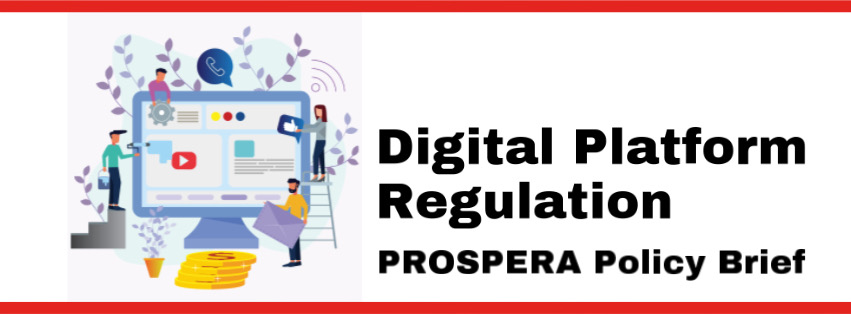ICC’S RESULT OF STUDY ON THE DETERMINATION OF RELEVANT MARKET IN LAW ENFORCEMENT IN THE DIGITAL ECONOMY SECTOR.
 Indonesia is currently on the right track to become one of the largest markets in Southeast Asia. At this moment, the value of Indonesia’s digital economy reaches USD44 billion in 2020, an increase of 11% as compared to that of 2019 and it is predicted that by 2025, the valuation of Indonesia’s digital economy will reach USD124 billion and will become the country with the largest digital economy valuation in Southeast Asia.
Indonesia is currently on the right track to become one of the largest markets in Southeast Asia. At this moment, the value of Indonesia’s digital economy reaches USD44 billion in 2020, an increase of 11% as compared to that of 2019 and it is predicted that by 2025, the valuation of Indonesia’s digital economy will reach USD124 billion and will become the country with the largest digital economy valuation in Southeast Asia.
The increased economic value is also followed by the increased number of business actors engaged in the digital economy sector and tightens competition among players. ICC realizes that it is necessary to have a different approach in overseeing the digital economy sector. Consequently, there is a need for an in-depth study so that ICC may understand how to detect market power and determine the appropriate relevant market in the digital economy sector.
The study of ICC for the digital economy sector in 2020 focused on studying the factors and consumer behaviors that affect the determination of the relevant market in that sector. Based on the study, ICC found that business competition in online platforms, especially e-commerce is supported by two main interrelated factors, namely data control and the existence of information networks. This means that companies that are strong in data control will find it very easy to establish an information network. In the meantime, companies in control of information networks will find it much easier to collect huge amount of data. Such control of network is mostly done by way of maximizing the role of social media and search engines.
This affects the actions that need to be taken by ICC in law enforcement in the sector, especially in order to always pay attention to the two factors above. In determining the relevant market in this sector, the geographical aspect in determining the relevant market can no longer be set by traditional methods since the geographical aspect of e-commerce is very much determined by the postage, price of goods, and length of delivery time.
The study of ICC found the following various facts in broad outline:
- The major consideration in choosing an e-commerce company is credibility with customers;
- The price and delivery time are the primary considerations when choosing a merchant;
- Consumers consider switching merchants when there is a 10% price discrepancy;
- The delivery time tolerance accepted by consumers for delivery within the city is 0-3 days;
- Consumers still prioritize domestic e-commerce; the choice of foreign e-commerce occurs if there are no products available in local e-commerce or if foreign providers charge cheaper costs.
In the meantime, in terms of market concentration, the study of ICC found that e-commerce in Indonesia is sequentially and consistently controlled by Shopee, Tokopedia, Lazada, Blibli, and Bukalapak.





